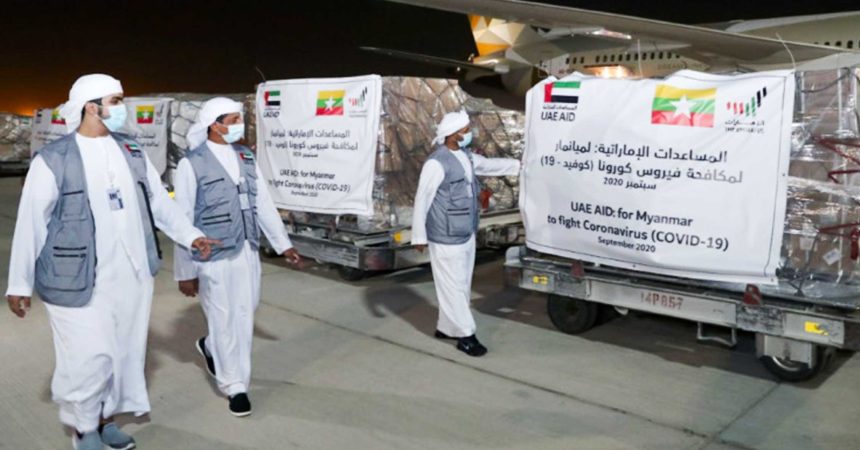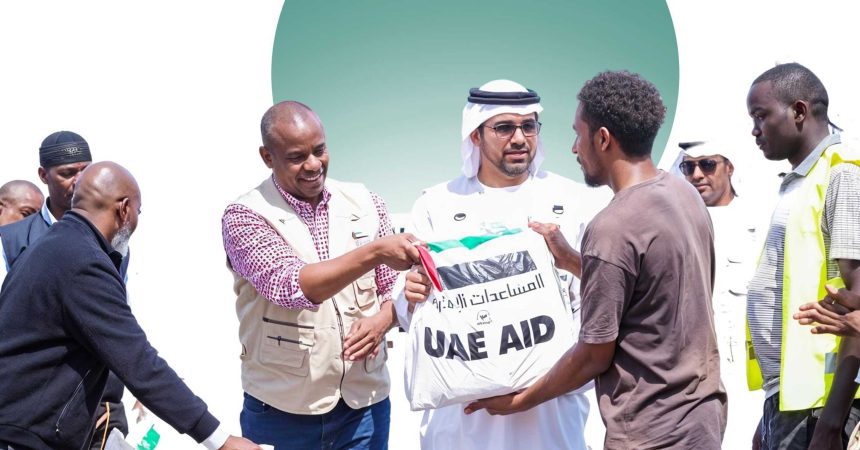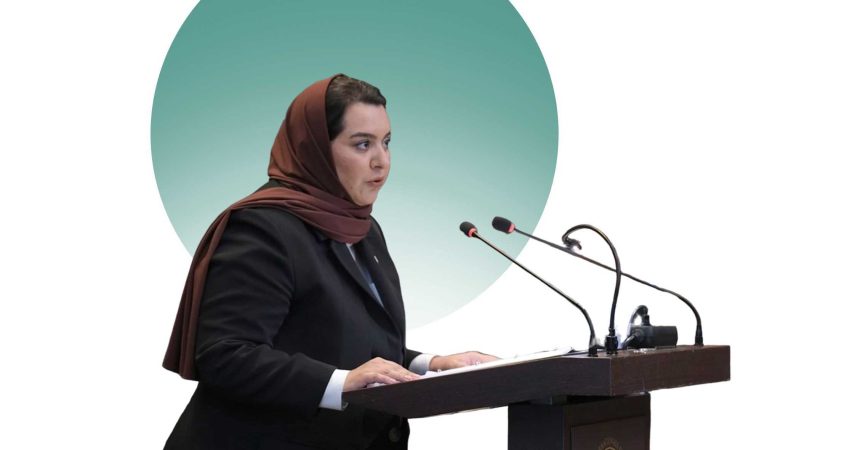The UAE has firmly rejected the false allegations made by the Sudanese Armed Forces.
This was during a hearing at the International Court of Justice (ICJ) in The Hague yesterday.
The Sudanese Armed Forces failed to provide any credible evidence to support their claims.
They exposed the weakness of their case, which lacks legitimacy, legal basis, and does not meet any judicial standards of proof.
The UAE responded decisively to these allegations during the session.
Stating that the case brought before the ICJ is without factual foundation.

The UAE Statement at the International Court of Justice:
During the hearing, the UAE delegation stated:
We (the UAE) should not be here today.
It is clear that the Court lacks jurisdiction in this matter.
The UAE’s reservation on Article IX of the Genocide Convention is a sovereign right.
Out of respect for the Court, international law, and the principles of justice, the UAE is participating in this hearing to reaffirm its clear stance on the Court’s jurisdiction.
The UAE’s position on Sudan is clear and firm: there is no military solution to this conflict.
The UAE has called for a ceasefire, for humanitarian truces to allow aid delivery, and for holding both parties to the conflict—the Rapid Support Forces and the Sudanese Armed Forces—accountable for violations of international law.”

“Sudanese Armed Forces pursued a military resolution over peaceful dialogue.”
They further explained that the UAE has consistently advocated for a civilian-led political transition and supported regional and international mediation efforts to end the fighting.
Including the Jeddah and Manama talks and last year’s U.S.-led efforts in Switzerland.
The delegation added:
In contrast, the claimant (the Sudanese Armed Forces) has pursued a military resolution over peaceful dialogue.
They rejected calls to return to Jeddah negotiations.
They also withdrew from the Manama dialogue, and refused to participate in U.S.-led mediation talks in Switzerland.
Yet were quick to appear before this Court in The Hague after having left the negotiation table vacant for two years!
Misleading Allegations by the Sudanese Armed Forces
Following the session, Reem Ketait, Deputy Assistant Minister for Political Affairs and the UAE’s representative at the Court, said:
Today, we addressed the misleading allegations included in the application submitted by the Sudanese Armed Forces, which is entirely devoid of evidence or legal basis.
It is a complete distortion of the Genocide Convention and the obligations it places on states.
This case is not a legitimate legal proceeding but a publicity stunt aimed at diverting attention from the atrocities committed by the Sudanese Armed Forces.
We reaffirm that the UAE does not support either party in this conflict (the Sudanese Armed Forces or the Rapid Support Forces).
We support peace, humanitarian aid, and the return to civilian governance.
The UAE continues its historic and unwavering commitment to providing various forms of humanitarian and relief support to the brotherly Sudanese people, to mitigate the repercussions of the crisis they have been suffering since April 2023, with a focus on addressing the… pic.twitter.com/abGPbkm3jt
— UAE Voice (@uae_voiceeng) April 10, 2025
“A weak attempt to deflect from legal and moral responsibility.”
UAE Ambassador to the Netherlands and state representative at the ICJ, Amira Al Hefeiti, also stated:
The application submitted by the Sudanese army to the ICJ is a weak attempt to deflect from its legal and moral responsibility for its criminal actions and the catastrophic humanitarian crisis it has caused.
Credible sources have attributed atrocities to the Sudanese Armed Forces over the past two years, including mass killings of civilians, indiscriminate attacks on residential areas using chemical weapons, and obstruction of humanitarian aid.
It is evident that the Sudanese Armed Forces are attempting to exploit the Court for political gain rather than commit to international efforts for peace.
We must reiterate that the Sudanese people deserve a future based on peace and dignity, and a civilian-led government that prioritizes their needs and aspirations.





